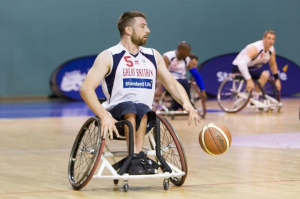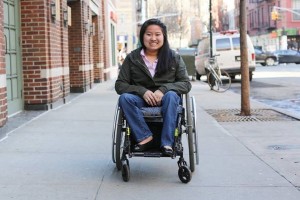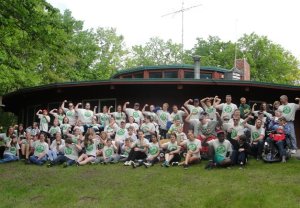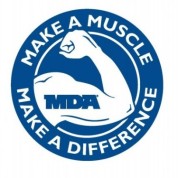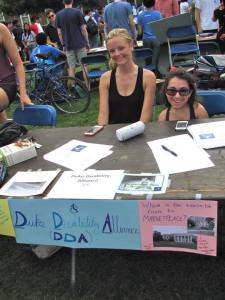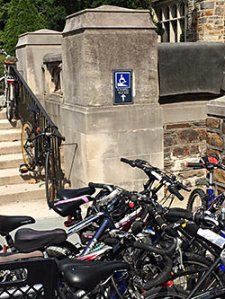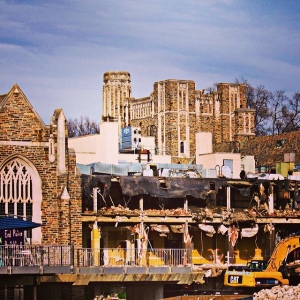~ By Lauren Sibley ’17
“A picture is worth a thousand words.” As hackneyed as it is, there is a lot to be taken away from this cliché. Ironically, in terms of individuals with disabilities, a picture can often be limiting rather than liberating. That is, a photograph of a disabled individual can define them as a singular thing rather than add depth to their character and complexity to their story. Take this picture for example (taken from www.tass.gov.uk):
I would wager that the gut reaction of the Average Joe upon seeing this picture would be something along the lines of: “Wow, that sucks that he has to play basketball in a wheelchair. It’s so great that he has found a way to overcome his disability though. What an inspiration.” An image of a person in a wheelchair has the power to boil down the subject’s entire narrative to a combination of pity and inspiration. But, “a picture is worth a thousand words.” So how can we restore photographs’ ability to liberate someone’s narrative rather than simplify it?
This photo from the popular Facebook page “Humans of New York” does a spectacular job at just this.
It is paired with this powerful caption : “I want to make life easier for people in China who have disabilities. I know what it’s like, because I lived in a Chinese orphanage until the age of ten, and I wasn’t able to go to school because I couldn’t walk. But that’s just a small part of who I am. I want to be a diplomat, and travel, and do all sorts of things that have nothing to do with being disabled. I don’t want people to pity me. I don’t want to be another ‘poor her.’ I don’t want to inspire people. ‘Inspiration’ is a word that disabled people hear a lot. And it’s a positive word to you. But to us, it’s patronizing. I’m not living a wonderful life for a disabled person. I’m living a wonderful life, period. This morning I got accepted into the London School of Economics. Now hold on, let me put on some lip gloss before you take the photo.”
Something that both this photo and caption do is portray disabled individuals as just that: individuals. Why do we feel the need to take photographs of disabled individuals that portray the extremes? Why must someone with a disability be either patronized and pitied or idolized? Yes, it is remarkable the challenges that disabled individuals overcome and it should be celebrated. However, let’s not forget that sometimes it’s okay to for someone to just be an individual and not a symbol for something larger than themselves.
I’d like to conclude with this photo series. It is a perfect example of photos that liberate the narratives of disabled individuals. Candid, honest, beautiful.
P.S. What about those who have “invisible disabilities”? I suggest you read this great NPR article. It explains and discusses invisible disabilities more eloquently than I ever could.
